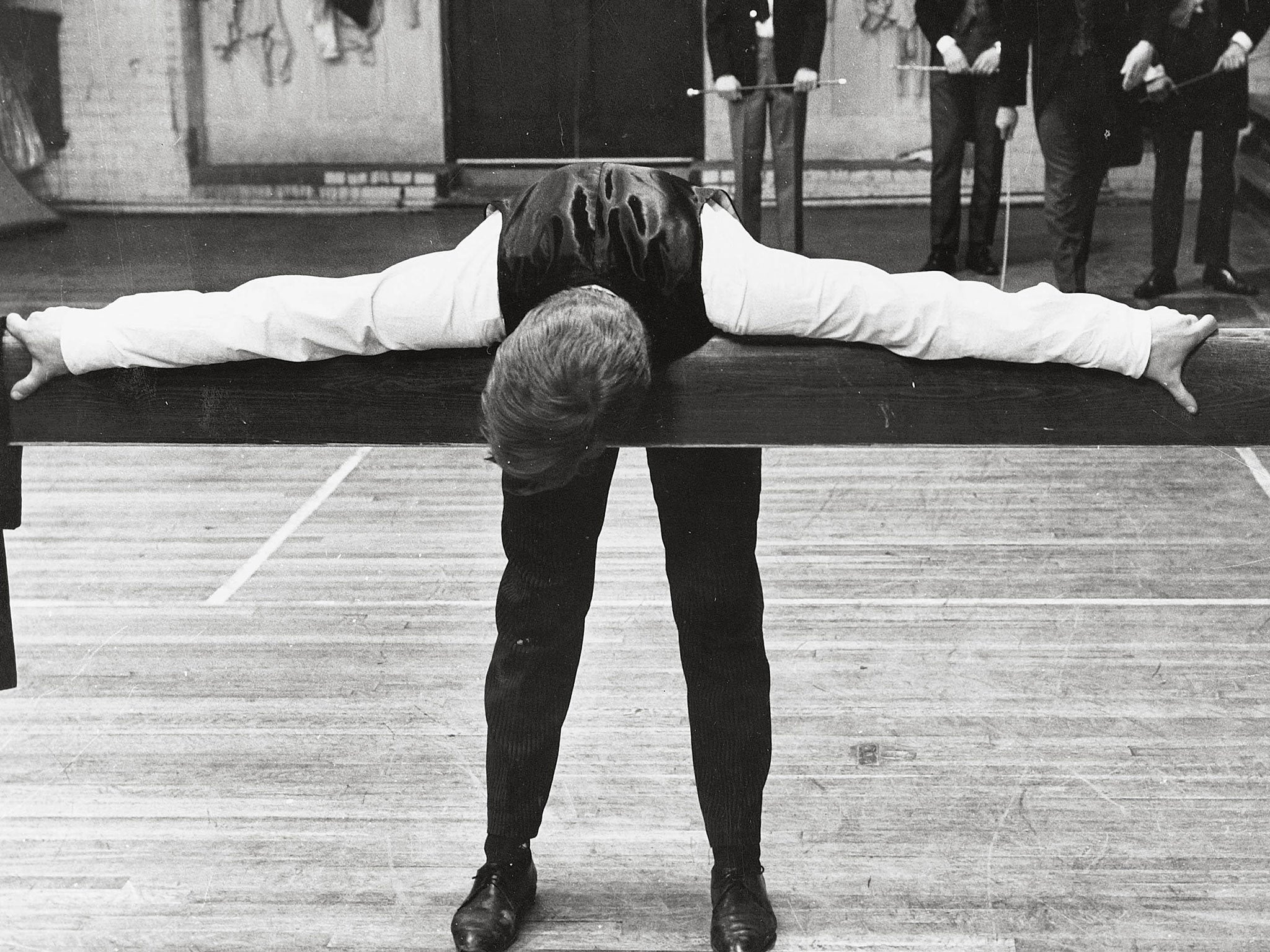Boarding schools: Larks in the dorm or homesick blues?
Boarding schools are getting a bad press, first in EastEnders, now in The Archers. Chloë Hamilton asks alumni if this tallies with their own memories

Your support helps us to tell the story
From reproductive rights to climate change to Big Tech, The Independent is on the ground when the story is developing. Whether it's investigating the financials of Elon Musk's pro-Trump PAC or producing our latest documentary, 'The A Word', which shines a light on the American women fighting for reproductive rights, we know how important it is to parse out the facts from the messaging.
At such a critical moment in US history, we need reporters on the ground. Your donation allows us to keep sending journalists to speak to both sides of the story.
The Independent is trusted by Americans across the entire political spectrum. And unlike many other quality news outlets, we choose not to lock Americans out of our reporting and analysis with paywalls. We believe quality journalism should be available to everyone, paid for by those who can afford it.
Your support makes all the difference.Boarding schools have long been a source of literary inspiration. For a century and a half, children have been fed a diet of midnight feasts, posh studies, jolly japes and lifelong friendships forged on homesickness. From St Trinian’s and Malory Towers to The Worst Witch and Harry Potter, non-boarders’ perceptions have been coloured by books they read as children. Even now, the schools are used as enticing plot devices by writers, most recently in The Archers and EastEnders. Both BBC shows have featured boarding school plotlines.
The Boarding Schools Association, however, has criticised the way both shows have represented them. In a letter, the BSA has accused The Archers’ story-line – in which psychopathic stepdad Rob Titchener has tried to collude with his mother, Ursula, to send five-year-old Henry Archer to boarding school without the knowledge of Henry’s mother, Helen – of being “damaging and inaccurate”. It writes: “Families who select boarding do so with the full involvement of parents and their children, so it is the right choice for everyone. The idea therefore that somehow a father might connive... against the wishes of his wife shows a lamentable ignorance.” The association also claims the story-line played up to the “hackneyed media stereotype” that boarding schools are somewhere to banish unwanted children.
What’s more, in January this year, EastEnders came under similar fire when Ian Beale’s badly-behaved son Bobby, 13, was sent away after accidentally killing his sister. You see, Ian had made a donation to the school, to speed up his application, and the BSA said this implied that boarding schools are “corrupt”. So who exactly is the oik in this scenario, and who the gent?
For the uninitiated, children can board from the ages of seven to 18, give or take a year or so (and many now only do it from Monday to Friday). The pre-preps “feed” the prep schools, which supply most pupils at the venerable “public” schools – such as Harrow and Eton – or their private counterparts, often just as expensive. The senior schools tend to take boarders from the age of 13. And though space restrictions preclude an exhaustive survey, it seems reasonable to canvass some survivors.
One former weekly boarder at King’s Ely in Cambridgeshire remembers midnight feasts fondly: “They were surprisingly organised and a lot of fun.” He says his house was called “Hereward” and its housemaster “Chopper”. And since the place took its ethos from naval warships, the dorms were far from fancy. The food was terrible but inter-dorm pranks made his time enjoyable. And since his school was full of international students, he has often wondered if that diversity “prevented him from becoming a Tory”.
Another anonymous former boarder – who started aged eight – is similarly positive, but admits to downsides. Even though he looked forward to his education – “I thought I’d be chasing foreign spies most weekends!” – he says you have to learn how to suppress emotions. “The suspicion your parents don’t love you must nag away, even if only subconsciously,” he says.
In fact, he posits that the BBC’s alleged bias has come about because the Corporation is populated by ex-public school boys who hated their time there. “The writers are probably just using the plot-lines as therapy,” he says. Or, perhaps, boarding school continues to capture the imagination of writers simply because, for many, it is an unknowable fantasy. And fantasy, as we do know, makes for great fiction.
Join our commenting forum
Join thought-provoking conversations, follow other Independent readers and see their replies
Comments